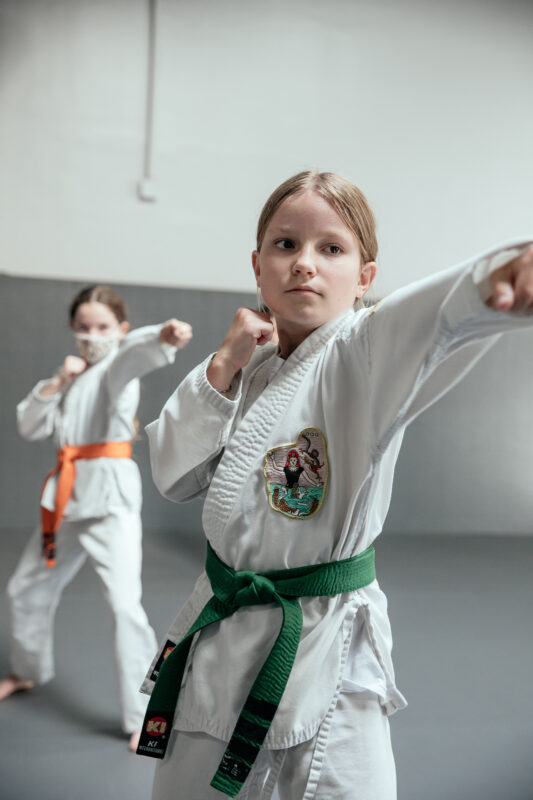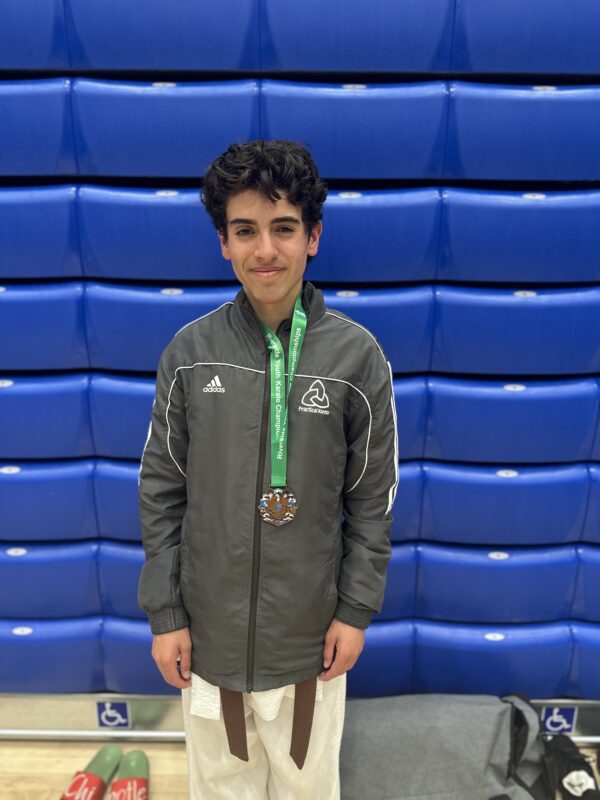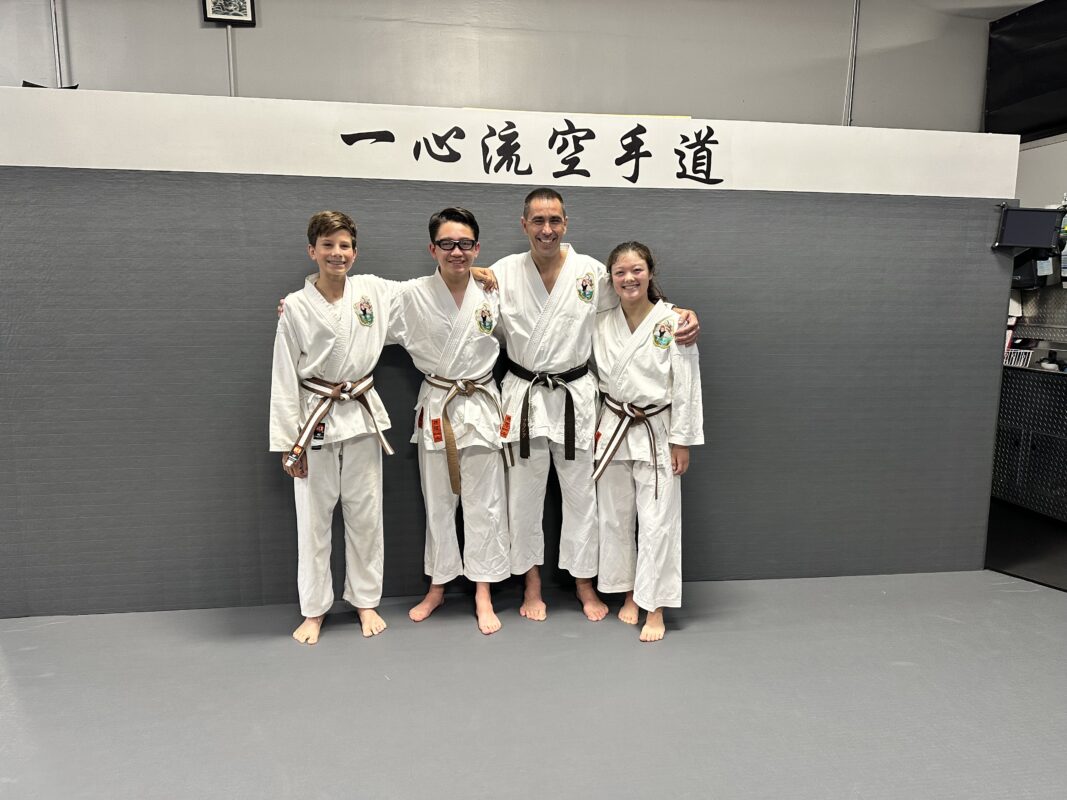Martial Arts
The Power of Deliberate Practice: Unlocking Mastery Through Focused Effort
In every field—from sports and music to business and academics success doesn’t come from talent alone. While natural ability may provide a starting point, it is deliberate practice that propels individuals toward excellence. This powerful, purposeful method of training separates those who improve steadily from those who plateau or regress. Understanding what deliberate practice is, why it matters, and how to apply it in daily life can be transformative for anyone aiming for mastery.
What Is Deliberate Practice?
Deliberate practice is a structured, goal-oriented form of practice specifically designed to improve performance. Coined and popularized by psychologist K. Anders Ericsson, this concept goes far beyond simply “putting in the hours.” Unlike routine or mindless repetition, deliberate practice is intentional, focused, and demands full mental engagement. It involves targeting specific aspects of performance, receiving immediate feedback, correcting mistakes, and constantly stretching one’s abilities just beyond their current level.
For example, a pianist who plays the same songs every day is not engaging in deliberate practice. But a pianist who isolates a challenging section of a piece, slows it down, analyzes hand placement, records their progress, and works with a teacher to correct mistakes is. The same principle applies to martial artists refining their technique, writers improving sentence structure, or athletes increasing their accuracy and endurance.
Why Deliberate Practice Is Essential
- Breaks Through Plateaus:
Many people reach a certain level of skill and stop improving—not because they’ve reached their potential, but because they’ve stopped practicing with purpose. Deliberate practice breaks through this stagnation by identifying and correcting specific flaws. - Builds Mental Toughness:
This type of training is often mentally exhausting. It forces practitioners to face their weaknesses, work through frustration, and persist in the face of slow progress. Over time, this builds discipline, focus, and resilience traits vital for long-term success. - Encourages Lifelong Learning:
Deliberate practice turns learning into a dynamic, lifelong process. It instills the habit of reflection and continuous improvement. Even experts continue to refine their skills through this method, recognizing that mastery is not a destination but an evolving pursuit. - Increases Efficiency:
Rather than spending hours in unstructured work, deliberate practice enables more improvement in less time. Quality trumps quantity. The intense focus on specific areas of weakness ensures that effort is directed where it matters most.

Key Components of Deliberate Practice
To transform ordinary effort into deliberate practice, the following elements must be in place:
- Clear, Specific Goals:
Each practice session should have a defined objective—something measurable, challenging, yet achievable. For example, “Improve footwork timing on back kicks” is more effective than “Practice kicking.” - Focused Attention:
Distractions must be minimized. Deliberate practice requires full concentration. The practitioner must be mentally engaged, present, and observant during each repetition. - Immediate Feedback:
Feedback is essential to know what’s working and what needs correction. This can come from a coach, teacher, mentor, video analysis, or even self-assessment. Feedback allows for real-time adjustments and ensures that errors aren’t repeated over and over again. - Frequent Repetition with Reflection:
Mastery demands repetition, but not blind repetition. Each attempt should be followed by reflection: What went well? What could be improved? What should be adjusted next time? - Pushing Beyond Comfort Zones:
Deliberate practice challenges the performer just beyond their current ability. This is often where failure happens, but it is also where growth occurs. Staying within comfort zones feels safer but limits progress.

How to Develop a Deliberate Practice Routine
Deliberate practice is not reserved for elite performers. Anyone willing to put in the effort can benefit from it. Here’s how to integrate it into your personal or professional development:
- Identify Your Target Skills:
Start by choosing a specific skill you want to improve. Break it down into sub-skills. For instance, if you want to improve your public speaking, components include voice projection, pacing, body language, and content organization. - Set Short-Term, Specific Goals:
Avoid vague objectives, such as “get better at writing.” Instead, try “write three clear, concise paragraphs using active voice and specific examples.” - Schedule Regular, Short Sessions:
Deliberate practice is mentally intense, so shorter sessions (30–90 minutes) repeated regularly are more effective than occasional long ones. Consistency builds momentum. - Track Progress:
Keep a log of what you practiced, what you learned, and where you struggled. Tracking progress provides motivation and a roadmap for improvement. - Seek Expert Guidance:
A coach, mentor, or instructor can dramatically improve the efficiency of deliberate practice. They can provide structured feedback, help you see blind spots, and hold you accountable. - Embrace Discomfort and Failure:
Failure is not a sign that you’re doing something wrong—it’s often a sign you’re on the right track. Pushing yourself just beyond your current limits is supposed to be hard. The discomfort you feel is growth in action. - Reflect and Adjust:
After each session, take a few minutes to evaluate what worked, what didn’t, and what should change next time. This habit of self-reflection solidifies learning and prevents stagnation.
Real-Life Examples of Deliberate Practice
Athletics:
Top-tier athletes like Serena Williams and Michael Jordan didn’t just play their sport—they practiced with precision and dedication. They focused on refining their weaknesses, dissecting game footage, and drilling techniques until they could perform under any condition.
Music:
Violinist Itzhak Perlman and cellist Yo-Yo Ma became masters not just through hours of playing but through highly focused sessions with feedback, correction, and slow repetition of difficult passages.
Business and Leadership:
Executives and entrepreneurs who continually seek feedback, analyze their decisions and simulate complex scenarios improve far more than those who rely solely on experience. They develop sharper decision-making and stronger leadership skills.
Final Thoughts: The Discipline of Improvement
Deliberate practice is not glamorous. It requires patience, humility, and a willingness to confront your limitations. But it is also deeply rewarding. Through deliberate practice, improvement is not left to chance it becomes a predictable outcome of focused effort.
Mastery is not a gift reserved for the few. It is earned by those who are willing to work smarter, not just harder. Whether you are a student, an artist, a professional, or a martial artist, the principles of deliberate practice can elevate your performance to levels you may have once believed were out of reach. Start with intention, stay consistent, and commit to the process and progress will follow.


